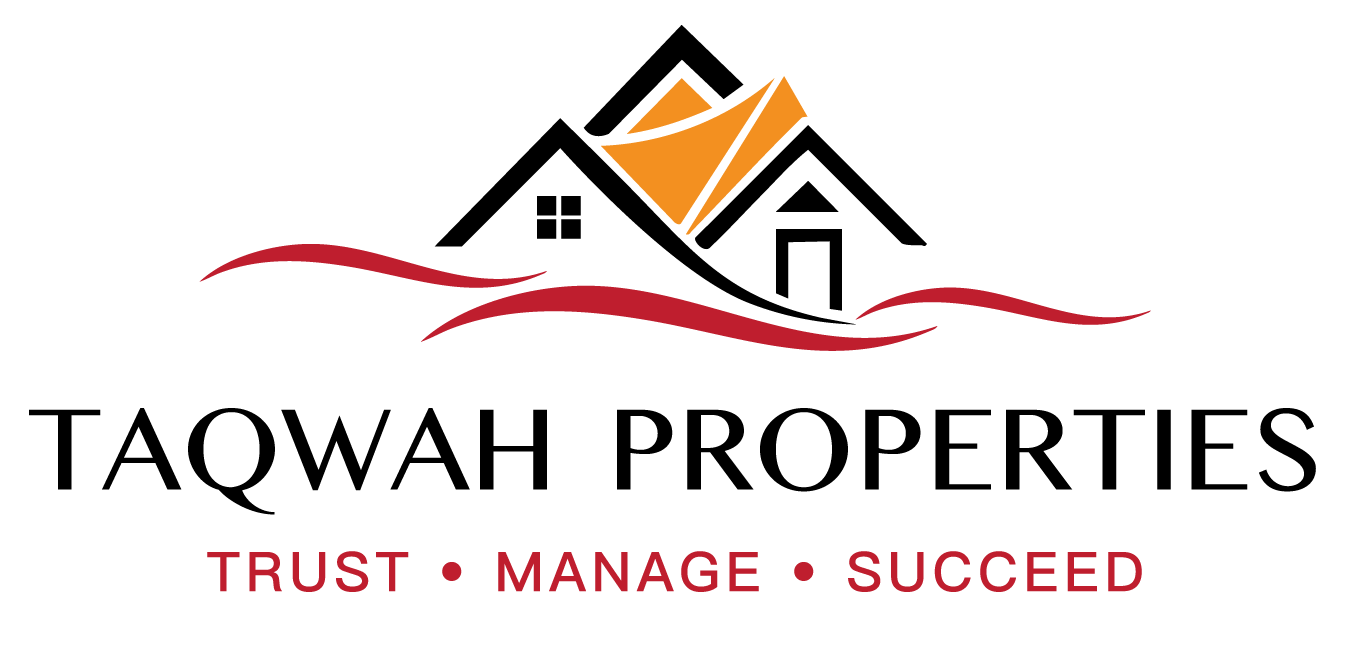Property maintenance is a vital yet often overlooked aspect of managing real estate in the UK.
As the property market continues to evolve, landlords and property managers must recognise that maintaining properties is not merely about aesthetics but rather about ensuring safety, enhancing tenant satisfaction, and protecting investment value.
In recent years, the demand for quality rental accommodation has surged, leading to a more competitive landscape where well-maintained properties stand out.
Regular property maintenance encompasses a range of tasks, from routine inspections and repairs to emergency interventions.
Landlords should establish a proactive maintenance schedule that includes routine checks on key systems such as heating, plumbing, and electrical installations.
This approach not only minimises the risk of major issues arising but also signals to tenants that their comfort and safety are a priority. Moreover, timely maintenance can prevent small problems from escalating into costly repairs, ultimately preserving the property’s value over time.
In addition to basic maintenance, compliance with UK health and safety regulations is critical for landlords. This includes ensuring that properties adhere to fire safety regulations, conducting regular gas safety checks, and ensuring that electrical installations meet current standards.
Non-compliance can lead to severe consequences, including hefty fines and legal repercussions, as well as potential harm to tenants. Therefore, staying informed about legal obligations and ensuring compliance is paramount for landlords looking to protect both their tenants and their investments.
Tenant expectations have also shifted dramatically in recent years. Today’s renters are increasingly discerning and often factor property condition into their decision-making process.
High standards of cleanliness and functionality can significantly influence tenant retention rates, making it crucial for landlords to maintain a responsive approach to property upkeep. Open lines of communication with tenants regarding maintenance issues can lead to quicker resolutions and foster a sense of community within the property, which can ultimately enhance tenant loyalty.
The role of technology in property maintenance is becoming more significant as well. Many landlords are now utilising property management software that streamlines communication with tenants and allows for easy tracking of maintenance requests. Additionally, advancements such as IoT (Internet of Things) devices can provide real-time data about property systems, alerting landlords to potential issues before they escalate into major repairs.
As the UK grapples with increasing housing demand and rising property prices, effective property maintenance is more important than ever. By adopting a proactive approach, staying compliant with regulations, and leveraging technology, landlords can not only fulfil their obligations but also create an inviting and well-functioning home for tenants. In doing so, they can ensure a sustainable and profitable rental business, bolstered by happy tenants who appreciate their commitment to quality property maintenance.
Ultimately, investing in the upkeep of properties is not just a necessity; it is a strategic move towards long-term success in the competitive UK property market.

